The healthcare industry is undergoing a revolution, driven by the rapid advancements in Artificial Intelligence (AI) and automation. These technologies are reshaping how healthcare is delivered, making it more efficient, accessible, and personalized. From diagnostics to patient care and administrative tasks, AI and automation are paving the way for a smarter, data-driven healthcare system that benefits both providers and patients.
In this blog, we’ll explore the key ways in which AI and automation are transforming healthcare and how they are helping to overcome challenges such as rising costs, staff shortages, and the increasing demand for quality care.
1. Enhanced Diagnostics and Early Detection
AI has proven to be a game-changer in the field of diagnostics. By analyzing vast amounts of medical data, AI algorithms can detect patterns that might be missed by the human eye. This is particularly valuable in fields such as radiology, pathology, and genetics.
For instance, AI systems can analyze medical images like X-rays, MRIs, and CT scans to detect conditions such as cancer, fractures, or cardiovascular diseases at earlier stages. These systems are continuously learning and improving, offering more accurate and faster diagnoses.
Early detection not only improves patient outcomes but also reduces the overall cost of treatment by catching diseases before they become severe. The ability to identify diseases earlier is particularly critical for conditions such as cancer, where timely intervention can be life-saving.
2. Personalized Treatment Plans
The one-size-fits-all approach to healthcare is rapidly being replaced by personalized medicine, thanks to AI’s ability to analyze individual patient data. By integrating genetic information, lifestyle factors, and medical history, AI Doctor can help create customized treatment plans tailored to each patient’s unique needs.
For example, in oncology, AI-driven platforms can recommend treatment options based on the genetic profile of a patient’s tumor. This ensures that therapies are more effective and better suited to the patient, reducing the trial-and-error approach often seen in traditional medicine.
Moreover, AI-powered predictive analytics can anticipate how patients will respond to certain medications or treatments, helping physicians make more informed decisions.
3. Streamlining Administrative Tasks
One of the biggest challenges in healthcare is the amount of time and resources spent on administrative tasks. From scheduling appointments to managing billing and insurance claims, these tasks often lead to inefficiencies and distract healthcare professionals from patient care.
Automation is helping to address this issue by streamlining administrative processes. Robotic Process Automation (RPA) can handle repetitive tasks such as data entry, appointment scheduling, and claims processing, reducing errors and saving valuable time.
For example, automated systems can manage patient records and ensure they are up to date, making it easier for healthcare providers to access critical information. This not only enhances efficiency but also improves the overall patient experience, as there is less waiting time and smoother communication between departments.
4. AI-Powered Virtual Health Assistants
AI-powered virtual health assistants are becoming an integral part of patient care, offering 24/7 assistance and guidance. These AI-driven chatbots and voice assistants can answer patient queries, provide medication reminders, and even help monitor chronic conditions.
For instance, AI chatbots can guide patients through their symptoms and suggest whether they should seek medical attention. This not only reduces the burden on healthcare providers but also empowers patients to take charge of their own health.
Virtual assistants can also collect patient data over time, enabling healthcare providers to monitor patients remotely and intervene if any red flags arise. This is especially useful for managing chronic diseases like diabetes or hypertension.
5. Robotics in Surgery
AI and automation are also making their mark in the field of robotic surgery. Robotic systems, guided by AI, allow for more precise and minimally invasive procedures, leading to faster recovery times and fewer complications for patients.
Surgical robots, such as the da Vinci system, enable surgeons to perform complex procedures with high precision. AI-powered robotic arms can make micro-adjustments during surgery that may be beyond human capabilities. This is particularly beneficial in delicate procedures like neurosurgery or heart surgery, where precision is critical.
Additionally, AI can analyze past surgeries and outcomes, helping surgeons make better-informed decisions during future procedures.
6. Predictive Analytics for Better Outcomes
AI’s ability to process and analyze massive datasets is enabling healthcare providers to harness predictive analytics. By analyzing historical data, AI can identify trends and predict outcomes, helping doctors and healthcare administrators make proactive decisions.
For example, AI can predict which patients are at risk of readmission or developing complications after surgery. This enables healthcare providers to take preventive measures, such as adjusting treatment plans or increasing follow-up care.
Similarly, AI can predict the likelihood of disease outbreaks based on public health data, enabling health authorities to allocate resources more effectively and prepare for potential crises.
7. AI in Drug Discovery
The process of developing new drugs is time-consuming and costly, often taking years and billions of dollars. AI is speeding up the drug discovery process by analyzing chemical compounds, predicting how they will interact with biological systems, and identifying promising drug candidates more quickly.
AI can also sift through vast amounts of medical literature and research data to identify potential drug targets that may have been overlooked. This not only accelerates the development of new treatments but also helps bring life-saving medications to market faster.
For example, AI platforms have been instrumental in identifying potential treatments for diseases like Alzheimer’s and cancer, where traditional methods have struggled to find effective solutions.
8. Improving Patient Outcomes with Wearable Technology
AI and automation are also revolutionizing remote patient monitoring through wearable devices such as smartwatches and fitness trackers. These devices can collect real-time data on patients’ vital signs, such as heart rate, blood pressure, and activity levels.
AI algorithms analyze this data and provide insights to healthcare providers, enabling them to monitor patients’ health continuously. If any anomalies are detected, such as irregular heart rhythms, healthcare providers can intervene before a condition worsens.
This approach is particularly valuable for patients with chronic conditions, allowing for more proactive and preventive care, which ultimately leads to better outcomes.
Conclusion
AI and automation are transforming the healthcare industry by improving diagnostics, personalizing treatments, streamlining operations, and enhancing patient care. These technologies are not only making healthcare more efficient but also more accessible and affordable.
As AI continues to evolve, the potential for further advancements in healthcare is limitless. From robotics to predictive analytics, AI will continue to push the boundaries of what’s possible, driving innovation and improving the quality of care for patients worldwide.
In this era of rapid technological progress, healthcare providers that embrace AI and automation will be better equipped to meet the challenges of the future and deliver superior outcomes for their patients.










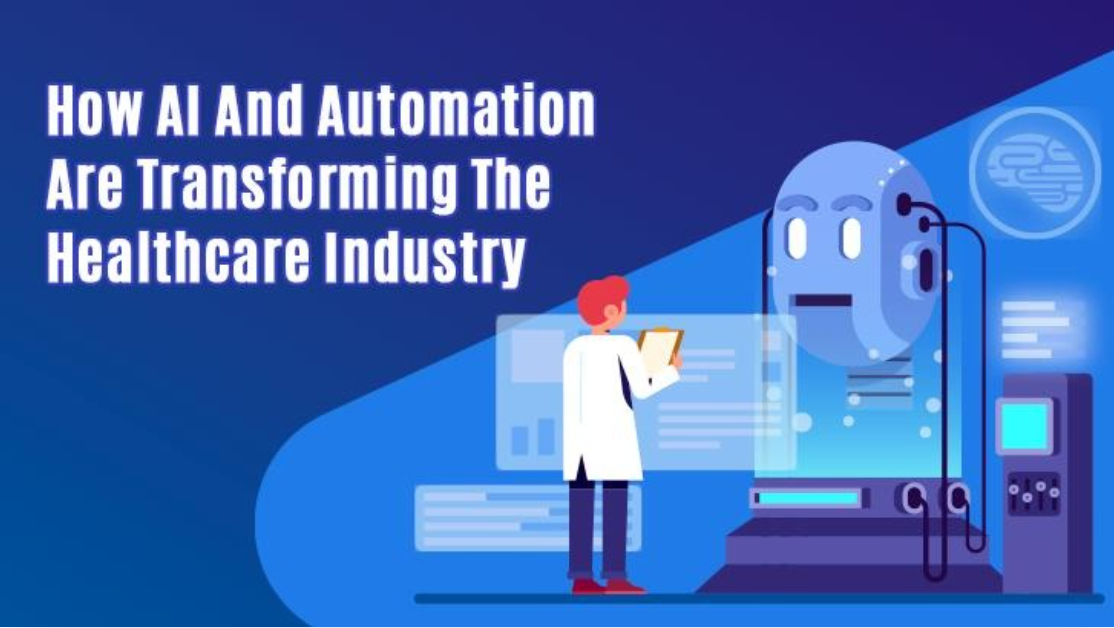
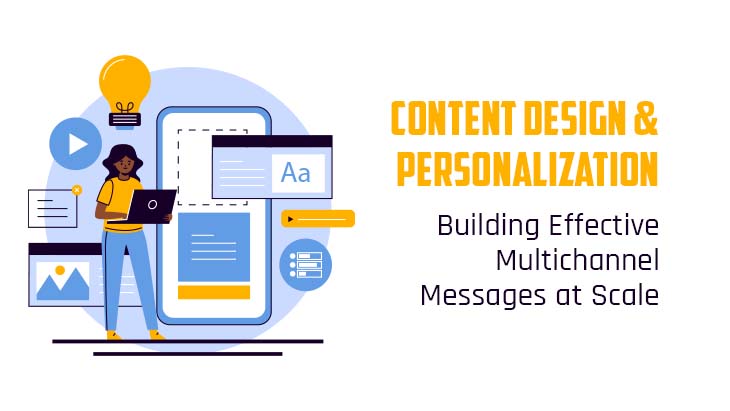
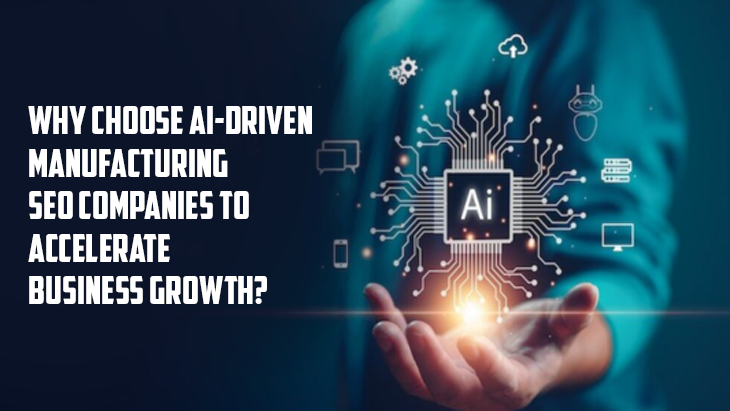
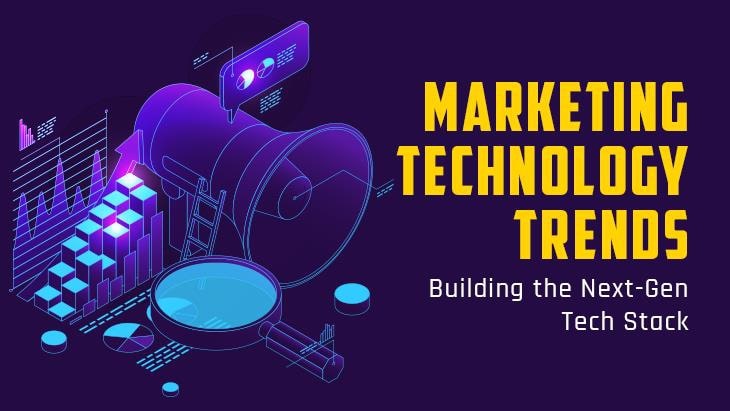
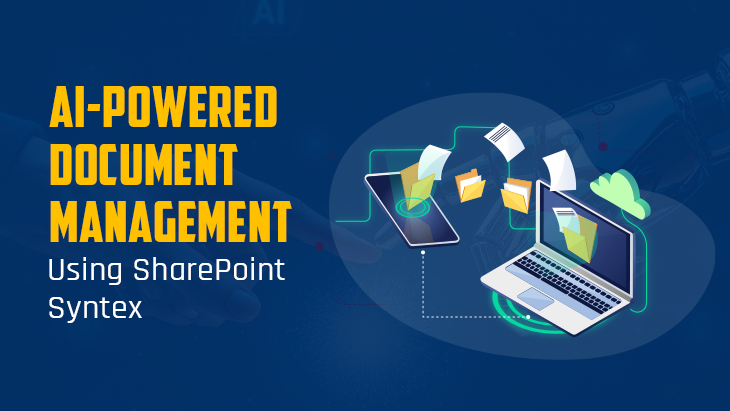

Post Comments